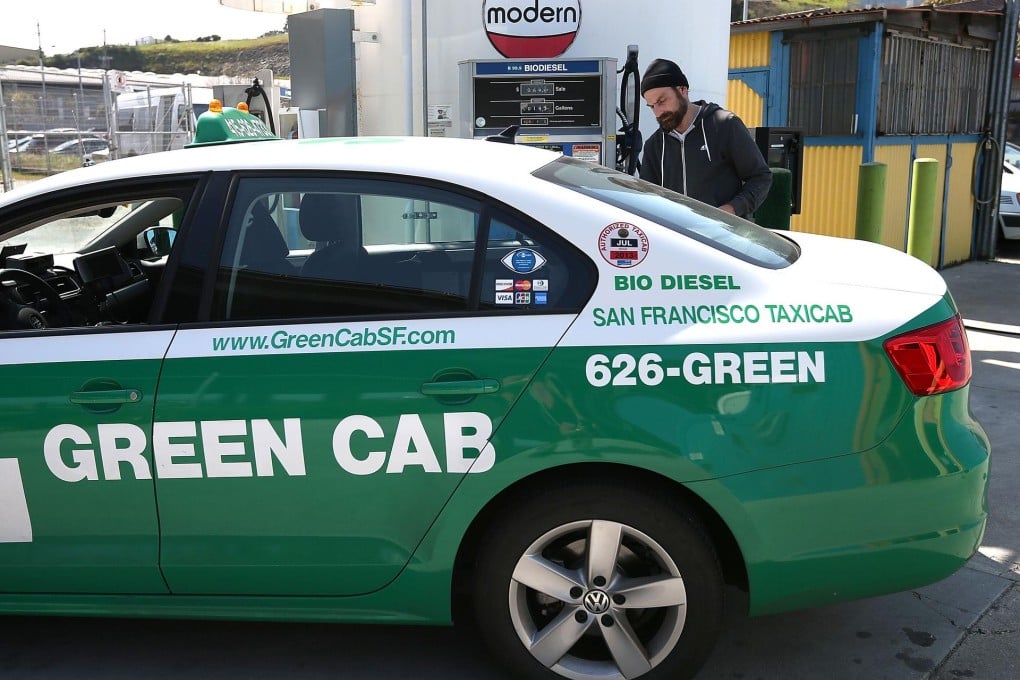Letters to the Editor, November 6, 2013
I agree with the core purpose of the Occupy Central movement that Hong Kong people should be entitled to choose their chief executive through genuine universal suffrage.

I agree with the core purpose of the Occupy Central movement that Hong Kong people should be entitled to choose their chief executive through genuine universal suffrage.
However, I am concerned about what will happen when it launches its protest next year.
The founders of the movement have talked about peaceful protests against the government.
However, there is always a risk that such a large-scale event could become disorderly and turn violent. This would be bad for the city's economy and could damage its global reputation.
If that reputation is compromised, then it could adversely affect the tourism and services sectors, which are very important parts of this international finance centre. We could suffer substantial economic losses.
I am also concerned about links with some politicians in Taiwan ("Business groups 'worried' by Occupy co-founder's meeting in Taiwan", October 29).